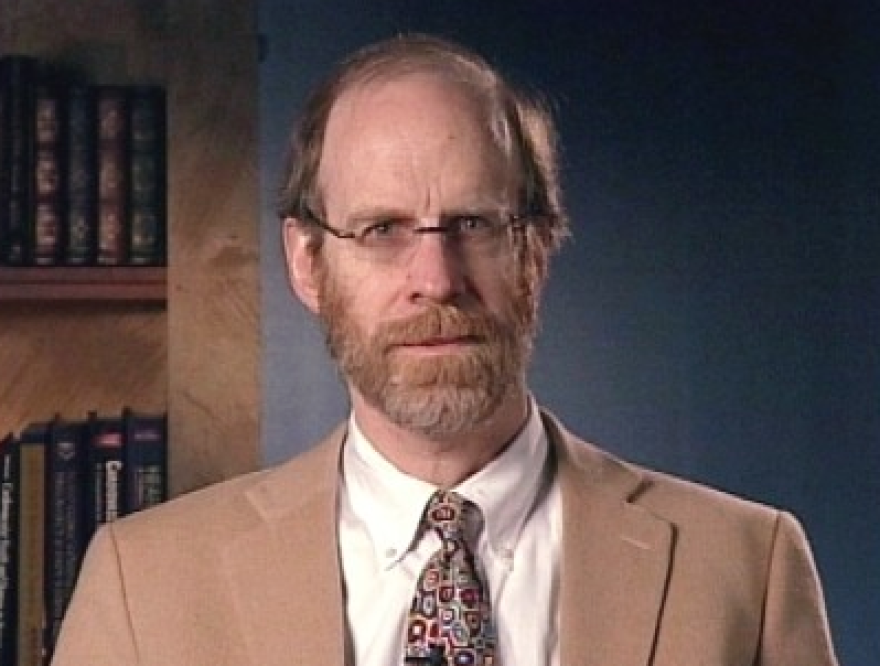"Last week, President Obama made news this week in a New Yorker magazine interview, in which he was quoted that he doesn't believe marijuana is anymore dangerous than alcohol, and he expressed some concern that the partial legalization of marijuana in Colorado and in the state of Washington could create a slippery slope situation for other illegal drugs, such as Cocaine and Meth. With that in mind, we want to bring you the conclusion of my recent conversation with Dr. J. Michael Bostwick, a psychiatrist at the Mayo Clinic. He recently published an extensive study on the health risks of medical marijuana. Last week, we focused mostly on the effects of recreational use of marijuana. This week: How it's being employed as a medical therapy. Dr. Bostwick told me he first began studying the health impact of marijuana for a very important reason," says host Barbara Lewis.
Interview highlights
Bostwick: I’m a psychiatrist. I have a son who’s had issues with addiction. I started on this article to try and understand what role marijuana played in all of that.
Barbara: Marijuana wasn’t always illegal in the United States. Tell us a bit about marijuana’s complex history in this country.
Bostwick: In this country, it was actually a part of the national formulary for about 100 years, from the mid-nineteenth-century to the mid-twentieth-century. It’s a little bit murky about what happened. But there was a perception, probably from the ‘30s on, that it was a bad drug and it was perhaps linked to bad influences. It was associated with African Americans, and immigrant Mexican folks and Central American folks who were using it. Also, which I think is kind of amusing; it was associated with European intellectuals. In any case, there were films like Reefer Madness that came out in the ‘30s that were very, very alarmists. And by 1970, there was a sense that the drug had been taken off the formulary 25 years previously, and it was regarded as being an evil drug with no medical benefit possible, despite 5,000 years of history and despite a hundred years of being a part of the pharmacopeia.


